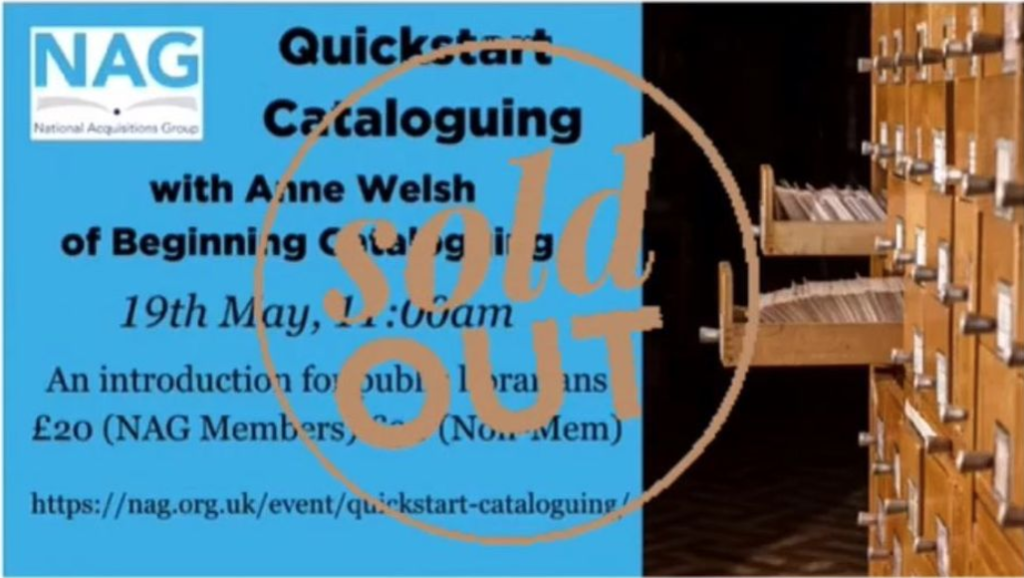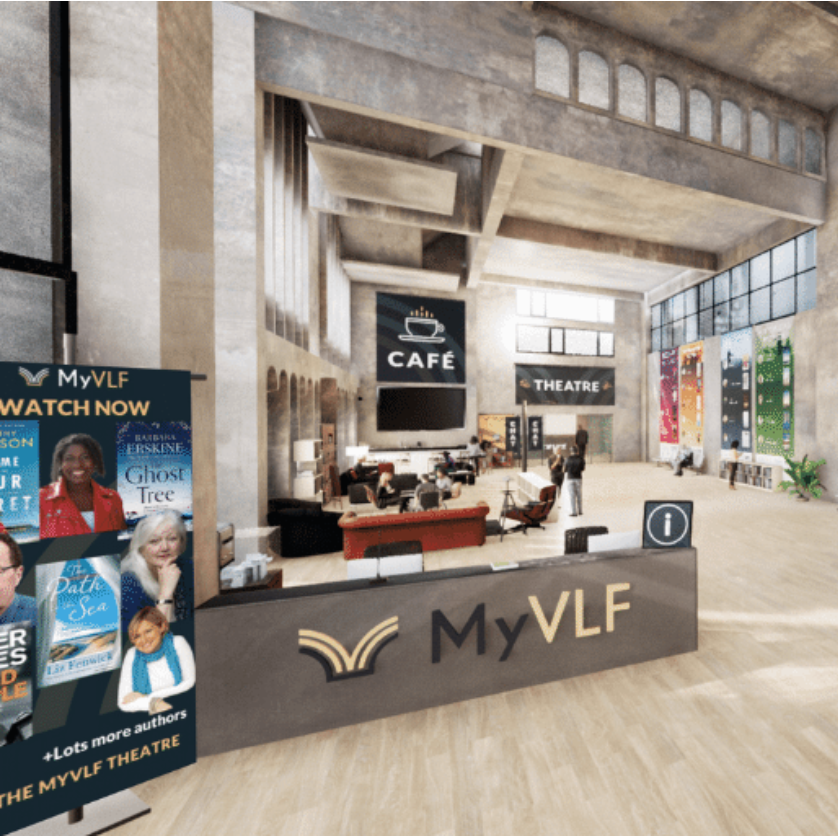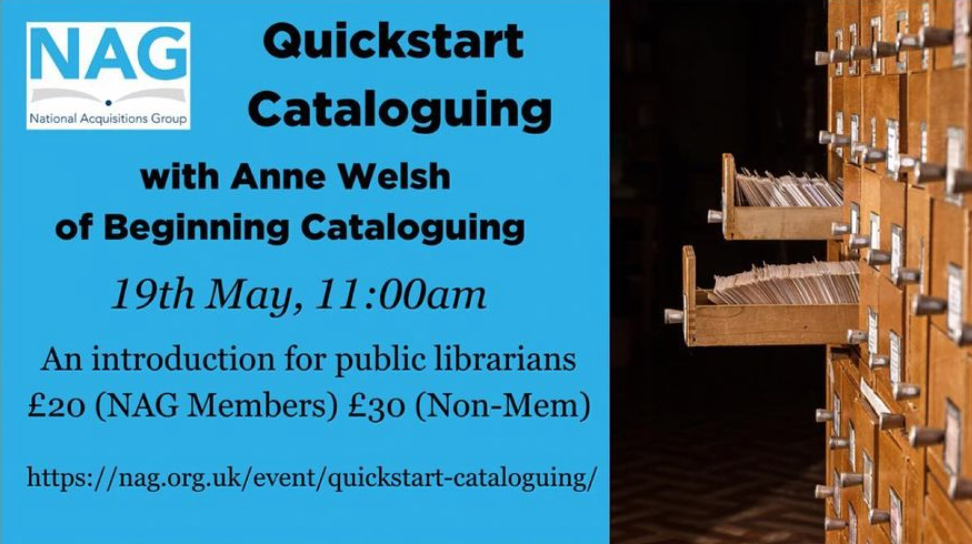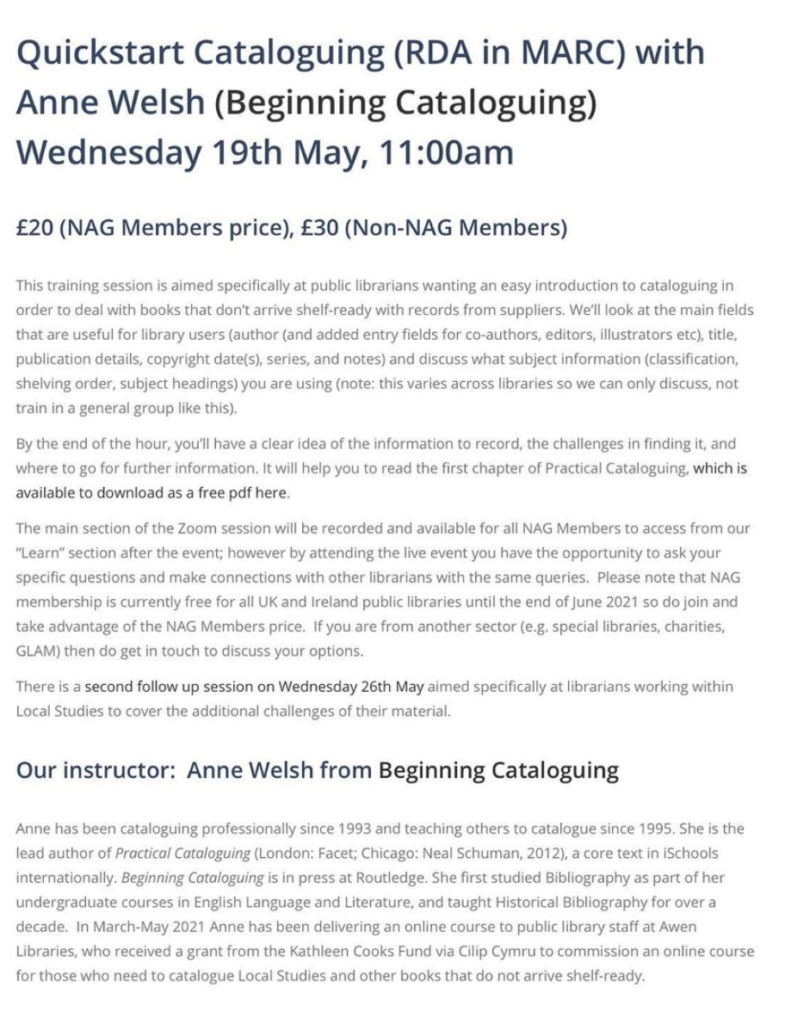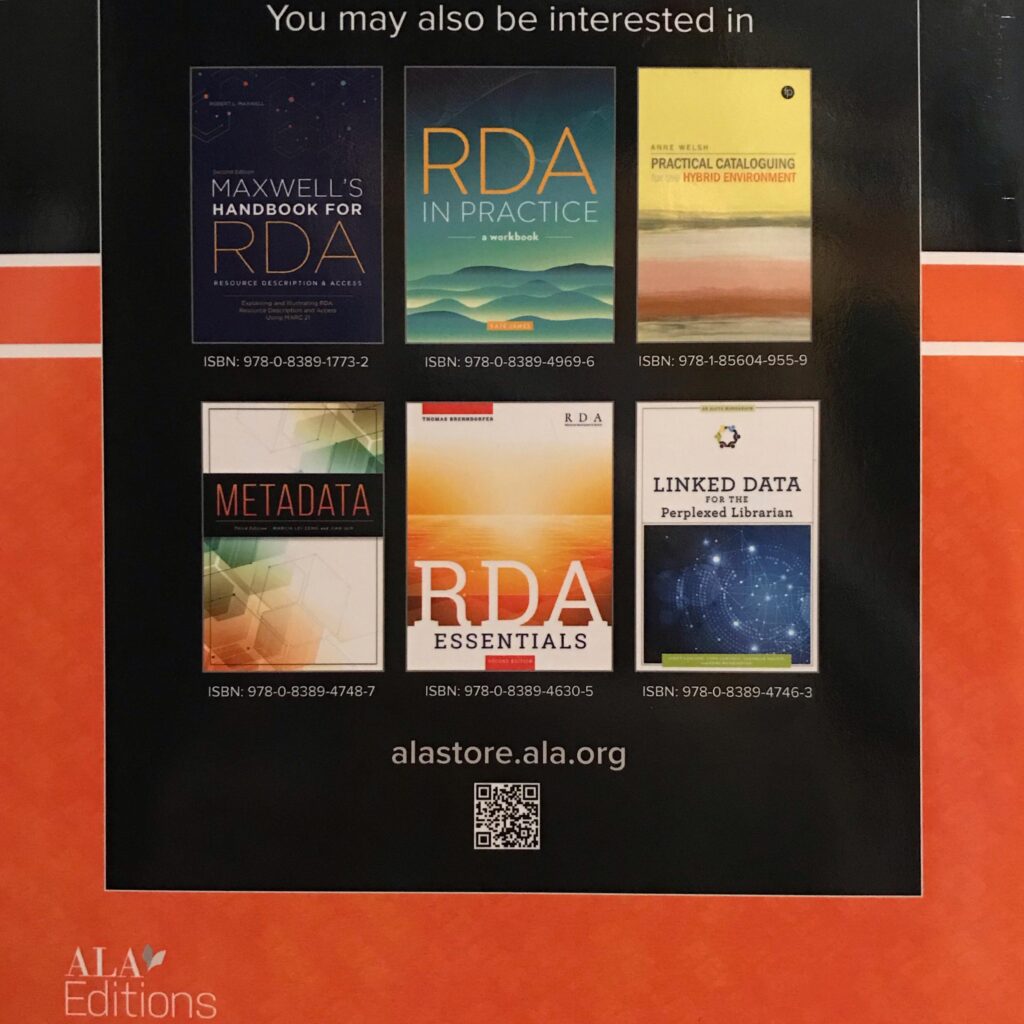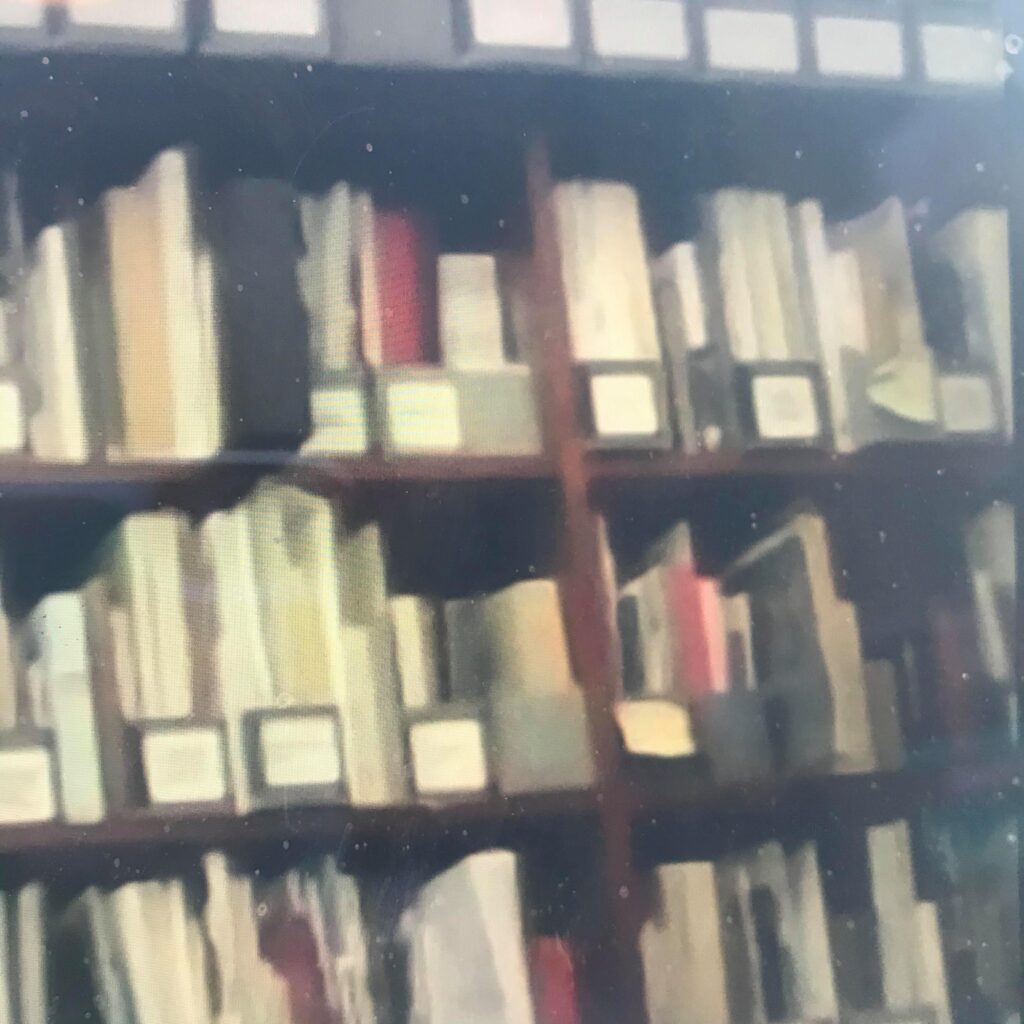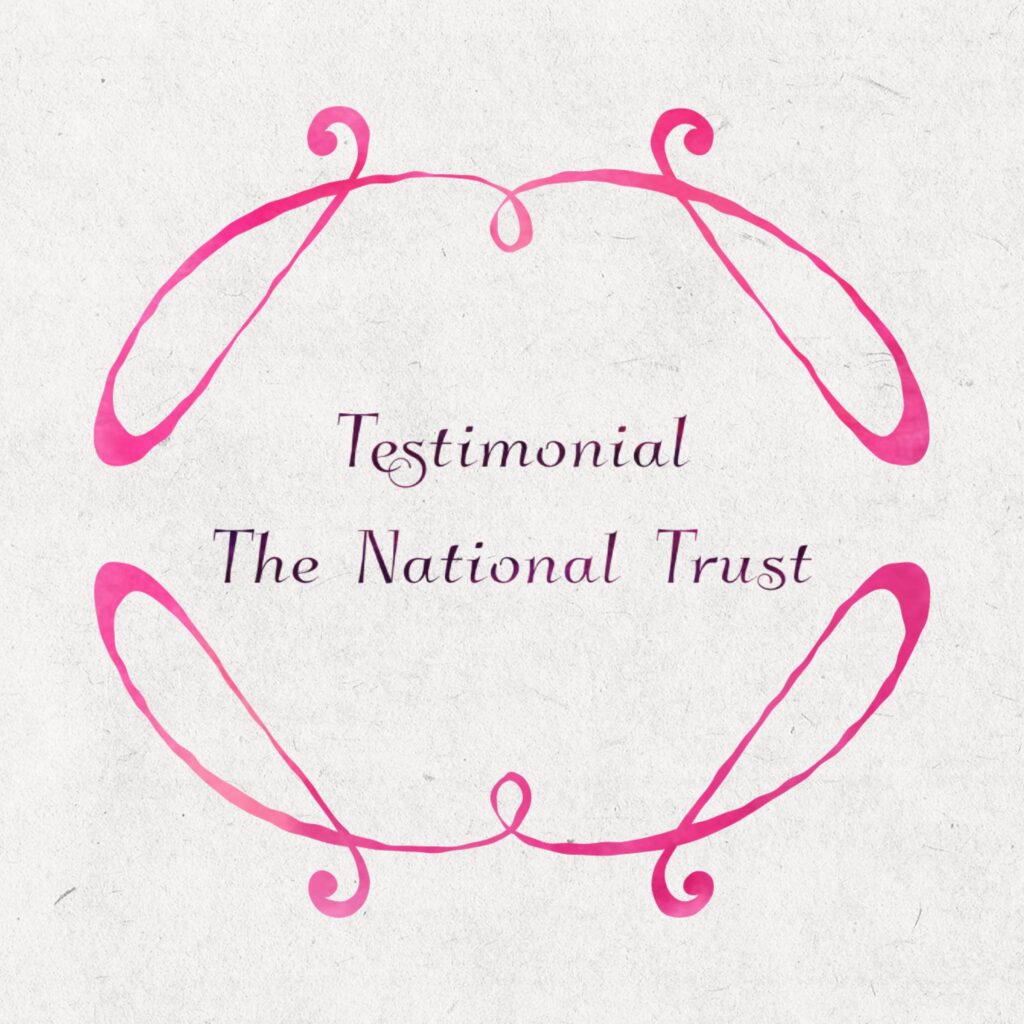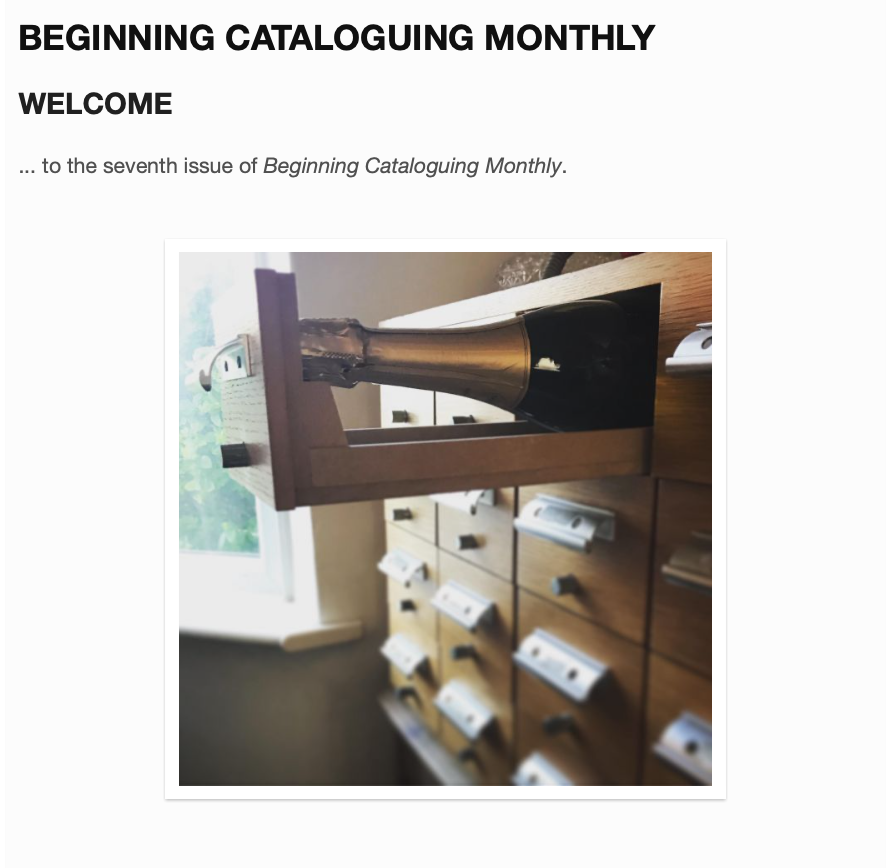In it, he shared examples of artists’ books and materials, some of them well-known and in codex form, like Ruscha’s Twenty Six Gasoline Stations and Roth’s Collected Works, and others more experimental, like Aspen’s use of different media to push the magazine form and Lippard’s use of index cards to record the 955,000 Exhibition.
Gustavo made the point that as well as stepping away from the codex form, the 955,000 Exhibition cards moved away from the sequencing of the artists’ book. Lippard included a title page and bibliography, but the cards are unnumbered and contain an instruction to shuffle them, so each time we encounter them, we do so in a different order. On Monday, we saw Gustavo moving through the cards to find these “standard” bibliographic details. If sequencing is a defining feature of the artists’ book as a form, what are Lippard’s cards?
The glib answer would be documentation, but actually, they are not, quite. In March 1969, Lippard wrote to a range of artists asking them to participate “in a large exhibition at the Seattle World’s Fair Pavillion, opening Sept. 4, 1969, it will also go to three other museums on the West Coast.” In the end, the submissions led to exhibitions in Seattle (‘55,087’), Vancouver (‘955,000’), Buenos Aires (‘2,972,453’) and Valencia, California (‘c.7,500′). Lippard took the titles from the cities’ population figures, and described how “Each of the catalogues consist of randomly arranged index cards designed by the artists themselves.”
Gustavo described how the cards are, in fact, more than catalogues. As we can see from Lippard’s original invitation, she asked conceptual artists to supply her with instructions she could “execute with the help of friends and volunteers,” and her intention was always that “projects can be changed for each city … (cards will probably be added each place)”. Cards were most definitely added, and given that she assured artists they could “tell me how you’d like what information and reproduction on your card”, it’s clear that the cards themselves are artworks constituting part of a larger artwork that is the 955,000 Exhibition.
Gustavo highlighted other artworks from Chelsea’s collections, and given that we planned this talk during lockdown when we thought it may have to be more conceptual itself, it was wonderful to see shelves of artists’ books over his shoulder in the special collections room, and even better to see him turn the pages, unfold the posters and, indeed, shuffle the cards of the printed matter he’d selected for us.
Image: shelves glimpsed over Gustavo’s shoulder at Chelsea, over my computer screen (which clearly needed a bit of a clean – sorry).
